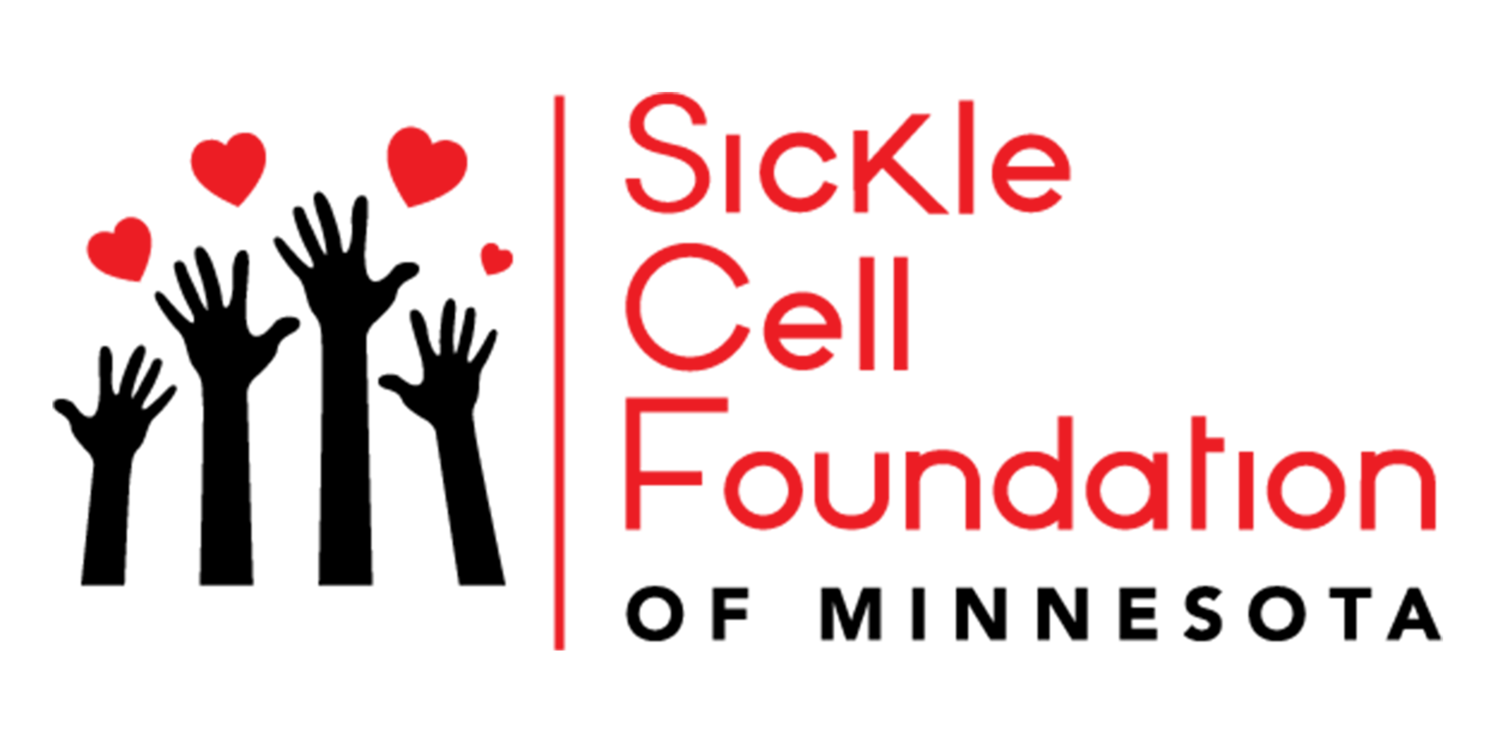
Sickle Cell Data Collection Program (SCDC)
The Sickle Cell Data Collection (SCDC) program, run by the Centers for Disease Control (CDC), collects health information about people with sickle cell disease (SCD) to study long-term trends in diagnosis, treatment, and healthcare access for people with SCD in the United States. The primary goal of the SCDC program is to improve quality of life, life expectancy, and health among those living with SCD. Accomplishing this goal requires a joint effort across a variety of SCD stakeholders including providers, healthcare administrators, pharmaceutical companies, SCD community organizations, policymakers, public health organizations, and most importantly, patients and their advocates.
The SCDC program helps to better understand
Where people with SCD live
Transition from pediatric to adult care
Hispanic patients with SCD
Older patients with SCD
The use of healthcare services
Minnesota SCDC Program
In 2020, with MN Department of Health (MDH), Minnesota became 1 of only a handful of states that have been awarded CDC funding to establish a statewide Sickle Cell Data Collection Program (SCDC). By collecting and sharing data, the SCDC program can help inform policy and healthcare standards to improve and extend the lives of people with SCD. Sickle Cell Foundation of Minnesota partners with the Minnesota Department of Health and the CDC to ensure that YOU, the sickle cell community, stay informed! By understanding more about SCD through the SCDC program, the improvements to quality of life, life expectancy, and health may also result in improvements to quality of life, reduced costs and less financial burden related to caring for the disease.
SCDC Sickle Smart Education Sessions
TOPIC: Federal Sickle Cell Data Collection Program (SCDC)
PRESENTED BY: Mary Hulihan, Center for Disease Control (CDC)
TOPIC: Minnesota SCDC Program
PRESENTED BY: MN Dept of Health
Learn more about the California SCDC program .
More content coming soon
〰️
More content coming soon 〰️
SCDC Frequently Asked Questions
-
Data being collected includes:
• Newborn Screening Data
• Hospital Discharge Data
• Medicaid Claims Data
• Emergency Department Data
• Vital Records Data
• Clinic Data (does not include your personal identifiable date)
-
Data collected from the SCDC program will assist the Minnesota Health Department to better understand:
• Where people with SCD live
• Sickle Cell birth/death rates in MN
• Rate of transition from pediatric to adult care
• Hispanic patients with SCD
• Older/aging patients with SCD
• How persons with SCD utilize the MN healthcare system and services
-
Yes! Other benefits of collecting data and statistics include:
• Identify staffing needs
• Identify funding disparities
• Identify community resource needs
-
Future goals of the project include:
• Increased federal funding to expand the SCDC program to more states.
• An expanded SCD information system that can determine how many people live with SCD in the United States, how SCD affects their health, and how researchers can improve medical treatments to extend and improve the lives of people with SCD.
-
The Sickle Cell Data Collection Project (SCDC) is all about collecting and analyzing data from the sickle cell community. You can assist in this data collection effort by:
See your medical team regularly/as instructed. When you attend appointments, it shows that a patient population is utilizing the medical system and its “resources”. Seeing your providers regularly can help to make the case for increasing support staff and/or resources to improve your experiences.
See your hematologist more regularly (or as directed) to address uncontrolled pain or other sickle cell related complications that can arise. This also ensures that you are having up-to-date conversations about treatment options that are right for you.
Make an appointment to see your Primary Care Provider and/or Internist along with other specialties that can care for more than just your blood. (i.e. Cardiology, Endocrinology, Gastroenterology, Nephrology, Ob/Gyn, Psychology, Physiatry, Ophthalmology, Pulmonology, Urology, etc.) - Learn more about medical specialties at: www.medicalnewstoday.com/articles/types-of-doctors#primary-care
Take your medications as prescribed and refill your prescriptions regularly. This can show trends in access to care, such as insurance barriers that need to be addressed.
Having chronic pain? Opt for an infusion center/clinic appt (if available) over an ED visit. Infusion centers typically offer more personalized care and are often under-funded, thus many centers do not have infusion clinics that meet the unique needs of the sickle cell community
Participate in research and clinical trials that may improve your health or the health of other warriors in the community. We cannot get to a cure without research!



